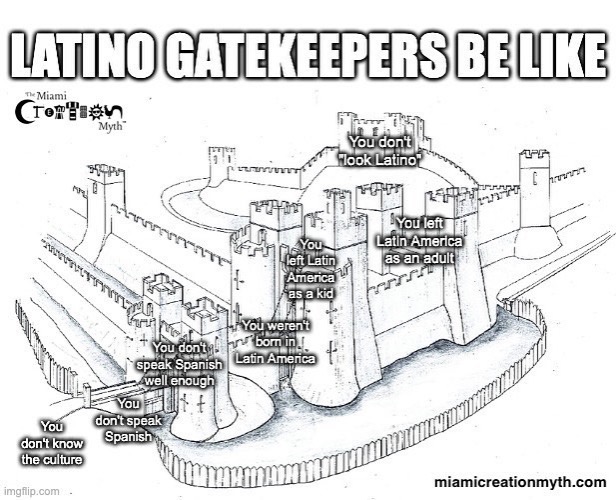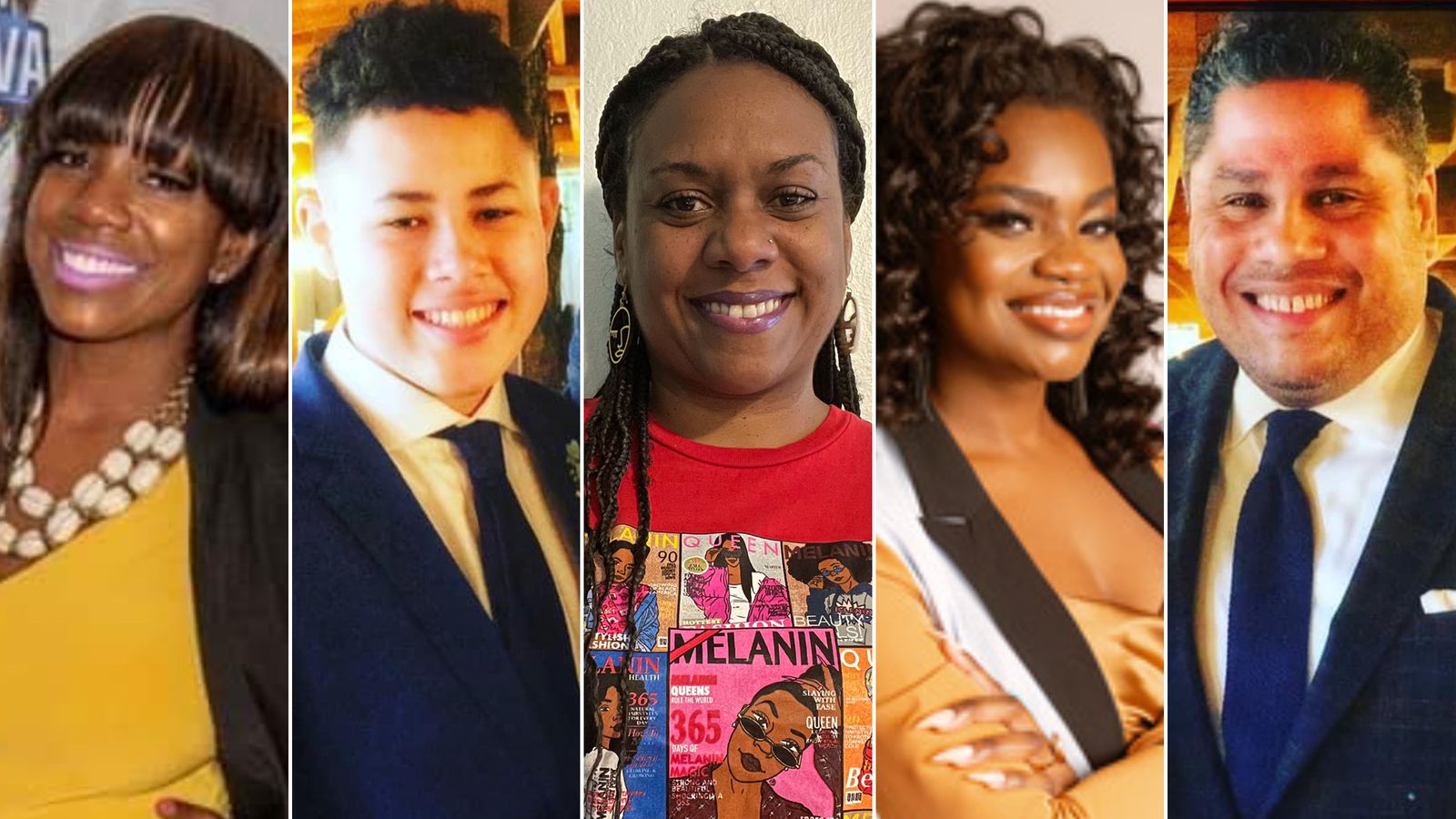
What is latinidad? Oh boy. You’d think an author whose work, personality, and self-perception are so defined by this concept would have, well, a pretty good definition for it. Unfortunately, the harder I attempt to grapple with commonalities that define all Latinos, the more elusive they become.
So, what makes a Latino? Let’s dispense with the easy stuff first. Is it race?
Ha! Nope!

Latinos are the Skittles of ethnicities: we come in every color of the rainbow (shoutout to my queer herman@s). Tens of millions of Native people from hundreds of communities are Latin America’s original inhabitants, despite Spaniards’ best efforts to eradicate them. In some countries, they account for between 40% and 70% of the population. Millions of other Latinos trace their ancestry to Africans who were forcibly enslaved and transported against their will across the Atlantic in barbaric conditions.
Latin America also attracted immigrants from just about every corner on the planet. Name a country and you’re liable to find a sizable population somewhere in the region: China, Turkey, Italy, Japan, Poland, Korea—I’d go on but then this essay would turn into a Sporcle geography quiz. And, of course, all these different people intermixed, forming entirely new hybrid cultures.
So, race definitely ain’t it.
What about another obvious candidate for Latino universality: language?
Sure, most of us are Hispanophones, but there’s a giant freaking country taking up half of South America that primarily converses in Portuguese. Not to mention the millions who speak Aymara, Quechua, Nahuatl, Mayan, and other Native languages. Meanwhile, about half of U.S.-born Latinos don’t speak Spanish at home.
A shared history of colonization is another candidate for a pervading Latino commonality, but this too falls short under examination. Different communities lived radically different experiences at different times. Native and African people and their descendants were alternately enslaved, ethnically cleansed, and/or systematically oppressed by a brutal European caste system. Criollos and peninsulares profited most from this racial hierarchy, hoarding the region’s wealth and power. More recent immigrants and their offspring (especially lighter skinned ones) benefit from this system, even if they did not construct it.
Now that I’ve dedicated 350 words to resolutely not defining latinidad, I should probably, finally, share my perspective on who is Latino.
I have an expansive view of my ethnicity solidified by a disdain for gatekeeping.

Policing racial quotas smacks of eugenics. It doesn’t matter if you’re 1/8th, 1/4th, half, or any other fraction Latino, if you have a direct familial connection to Latin America and feel Latino, that’s exactly what you are.
Furthermore, I’m quite comfortable with the phenomenon—particularly widespread in my hometown of Miami—of adopting non-Latinos into the community who authentically appreciate and connect with our cultures. The key caveat being that they do not share our lived experiences of oppression and should therefore never speak for the wider community. Conversely, those who appropriate, fetishize, or exoticize latinidad can go take a long walk off a short pier.
I don’t care if you speak el idioma de Cervantes, el eslang de la calle, tremendo espanglish en la casa, or just plain ol’ English, we could all do with improving our catellano, português, or any of the dozens of other languages spoken in Latin America. And if your Spanish or whatever is perfect, then congratulations. Don’t be a jerk to those whose linguistic mastery doesn’t match your own.
To me, latinidad simply means a feeling of belonging. A release. A sense that I can drop the barriers I erect in wider society and just be myself. It’s a nebulous connection and joy I feel when around others with my shared ethnicity—though we might not look or sound anything alike. It is the essence of who I am, even if I can never define it. And I’m OK with that.
If you like our stories, buy our book!

